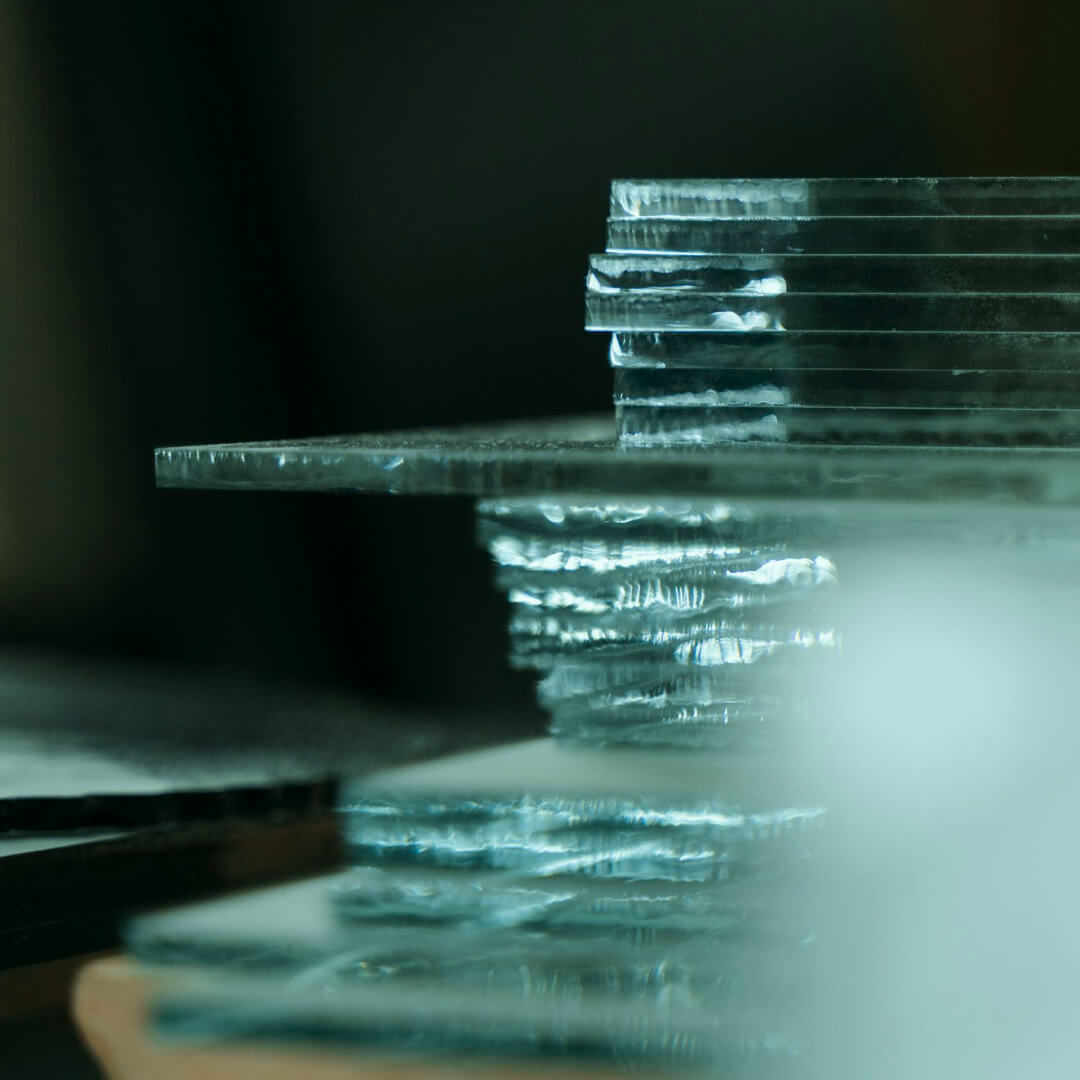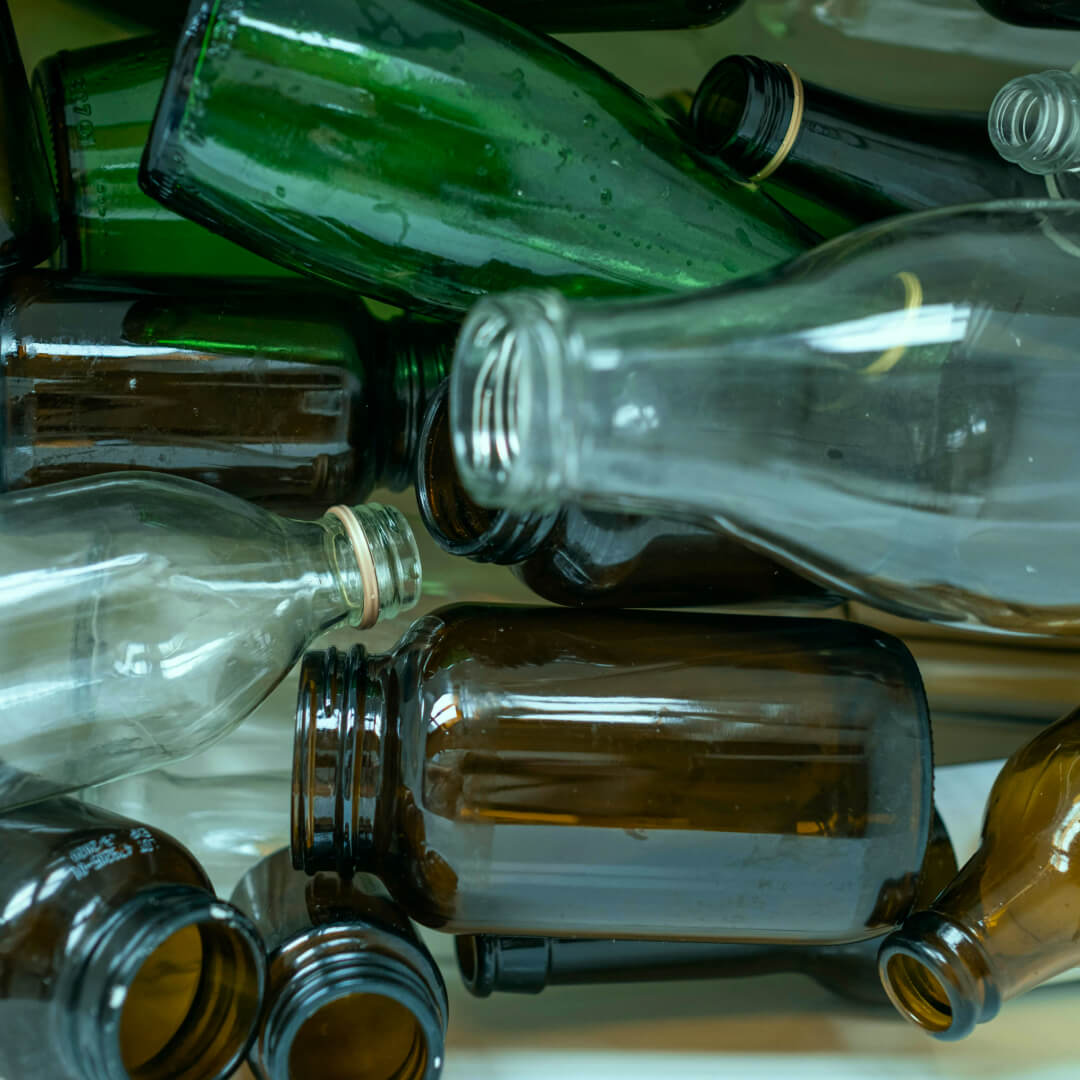Product Knowledge
Artisanal glassware is fundamentally different from mass-produced items because of the human element involved in its creation.
Here’s some information you should know about artisanal glassware.
The Craftsmanship & Process
The creation process is an ancient art, often called glassblowing (or mouth-blowing), which requires immense skill, heat, and precision.
Each piece is shaped by human breath and muscle, not a machine press.
The Signature of Uniqueness
The handmade process ensures that no two pieces are exactly identical, giving each a unique identity.
The Signature Mark
On the base of many hand-blown pieces, there is often a faint circular scar or polished indentation. This is where the glass was snapped off the pontil (a solid metal rod used to hold the piece during the final shaping). This mark is the undeniable proof of the hand-crafting process.
Air Bubbles
Small air pockets trapped in the glass are a hallmark of the hand-blowing process, adding character and proof of authenticity.
Asymmetry
Slight variations in wall thickness, rim shape, or base diameter are evidence that the piece was shaped by human hands, not a rigid mold.
Variations
Variations in shape, size, capacity, pattern, and color may occur due to the nature of the hand-making process; no two pieces are exactly alike.


Artisanal Glassware from Recycled Materials
Our glassware is not only handcrafted by skilled artisans but is also a celebration of renewal, transforming waste into timeless beauty. This commitment to using recycled glass and local bottles is central to our mission and the unique character of our pieces.
The base composition of most hand-blown glass (made from recycled glass or bottles) is soda-lime glass—the same safe, non-toxic material used for most common drinking glasses and food jars globally.
The Environmental
& Local Impact
Recycled glass has a lower melting point than raw materials (like silica sand, soda ash, and limestone). This means our artisan furnaces require less heat and significantly less energy to melt the glass, directly reducing our carbon footprint.
By repurposing discarded bottles and glass shards, we save precious natural resources (sand, etc.) from being mined, and reduce the volume of waste sent to landfills in Bali.
We are actively participating in the circular economy by taking local glass waste and transforming it into functional, high-value art, directly benefitting the community and environment around us.
